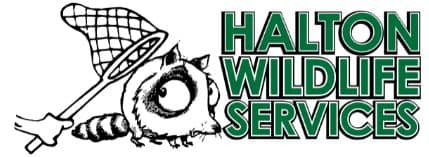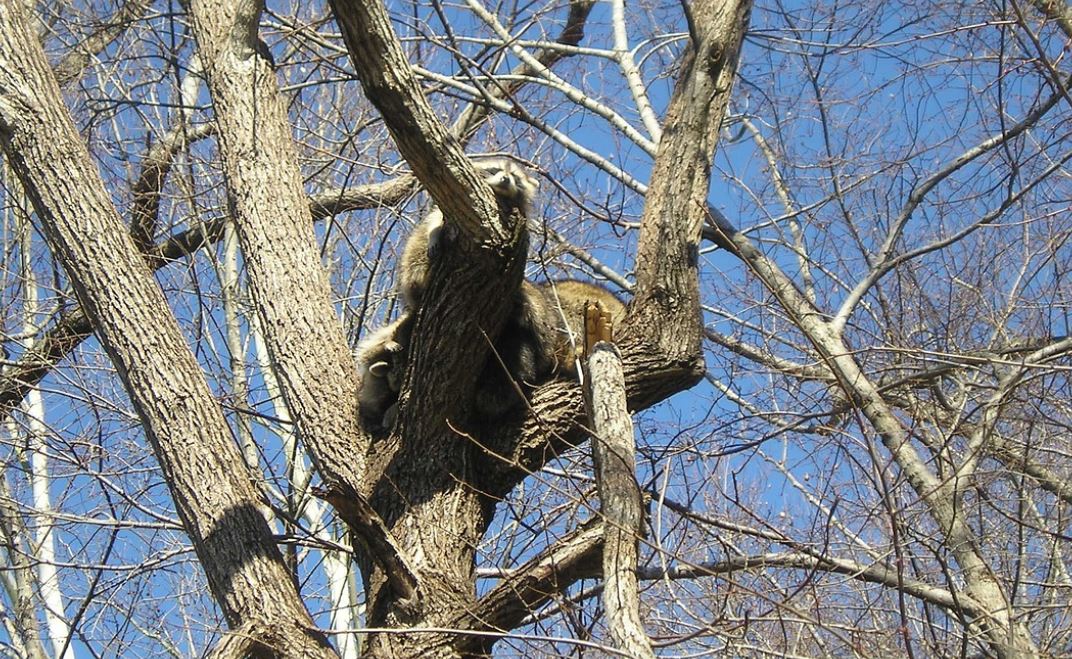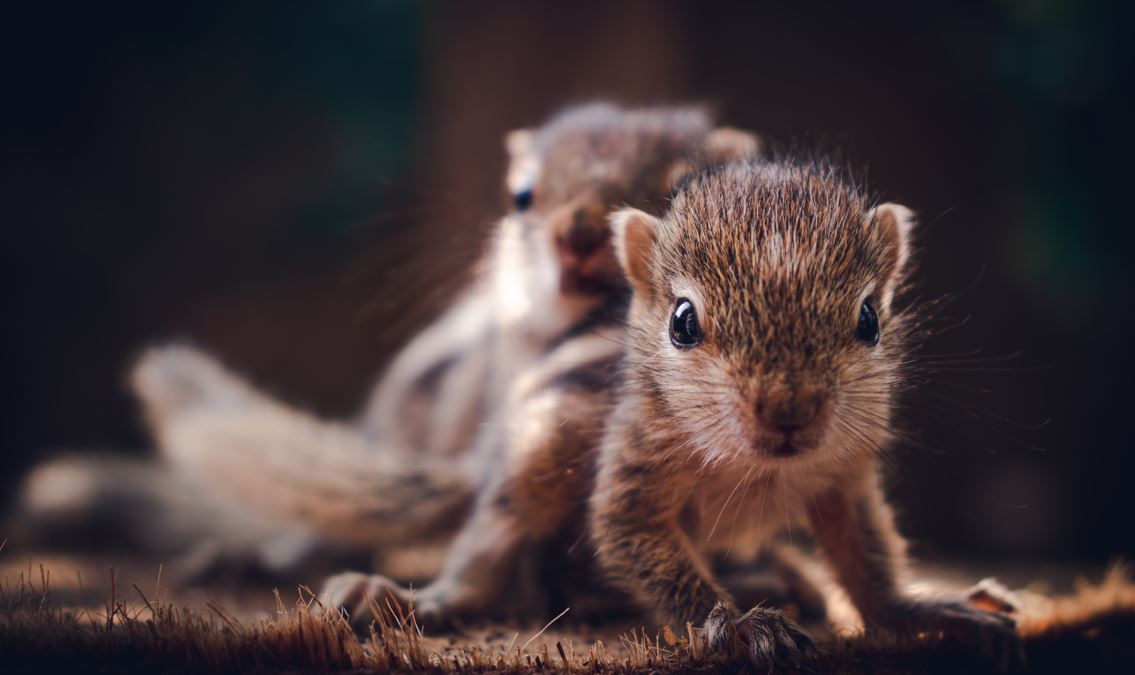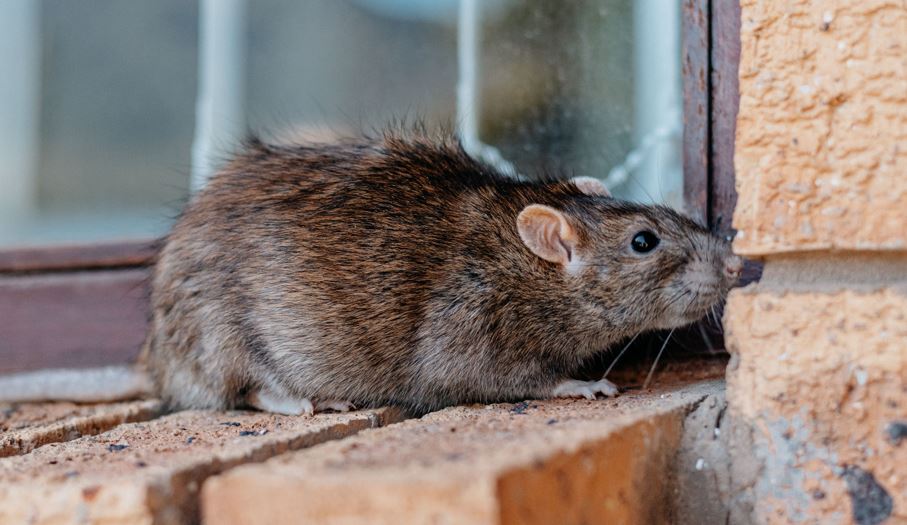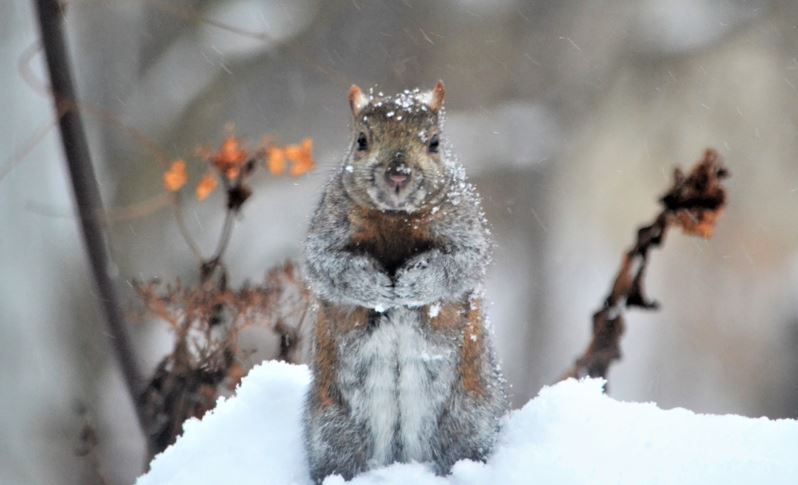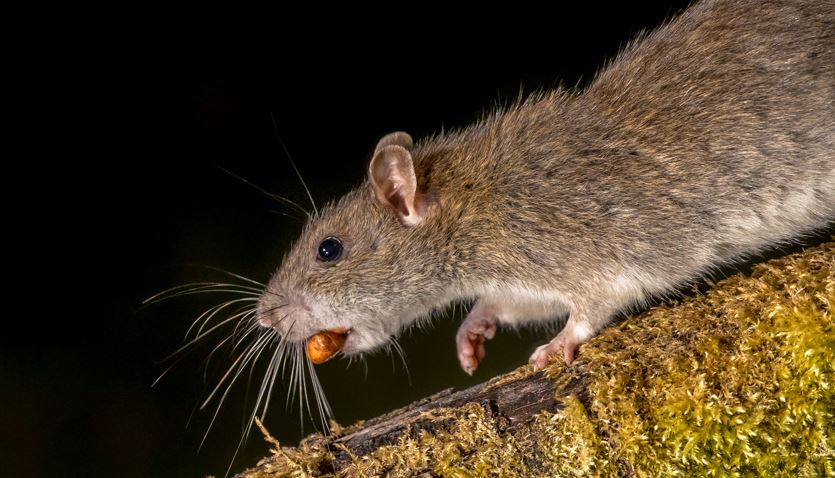Every spring your yard and home are susceptible to a seemingly cute and innocent pest… Raccoons! These intelligent and curious creatures seem like not a big deal to start with, but they can quickly become an issue you’ll wish you didn’t have to deal with. Ultimately, they will destroy gardens, make messes, invade your attic and possibly even cause structural damage to your home.
Raccoons will often enter your home or yard in search of food, water and a place to create their nest. Your attic likely presents the best option for them since it’s dark, quiet and safe from predators.
When is raccoon baby season?
Raccoon baby season is generally in April or May each year. Leading up to this time, raccoons will start to look around for an appropriate place to create their den. This means you want to start preventative measures in mid winter to ensure they won’t choose your home! If they do, you can expect some houseguests for a few months, because new moms and their babies are much harder to remove than pregnant ones.
Raccoons are inclined to return to the same place to have their babies year after year, so start watching for them early in the year in order to take measures to prevent them from finding your home or yard suitable for their babies.
How can I tell if the raccoon in my attic has babies
If you haven’t yet seen the babies, if you’ve spotted an adult raccoon in or near your home in April or May, it’s likely safe to assume she has babies nearby. Most raccoons that enter attics or other parts of your home are doing so in order to create their den.
For the first 3 months the babies won’t move around too much so you may not even know they are there. Once they become more mobile you’ll see 3-5 young raccoons exploring the area.
Prevention is the best solution!
Once a raccoon has decided on your home as the perfect place to build her den it can be quite difficult- and inhumane– to get rid of her. Your best method of defence is to install several preventative measures so that she is discouraged right from the minute she comes around.
The biggest factor to repelling raccoons is to make sure you don’t provide them with food and water sources. A few steps to take include:
- remove water sources like rain buckets or bird feeders
- remove or cover any trash bins. Keeping them clean is also important
- don’t leave any birdseed or pet food out
- Keep your gate closed and ensure you have no gaps or cracks in your fence
- Install vent covers where needed
- Install a screen at the top of your chimney
- Seal up areas under your deck or porch
Don’t seal out the racccoons
No matter how much of a nuisance these critters are, the worst way to try to get rid of them is to seal them out, especially if it’s possible they have babies. When it comes down to it raccoons may be pests but they mean no harm when they choose their home. Like a good mama, they are just looking for a safe place to have their babies.
Contact a wildlife removal company to help you remove a raccoon from your property if they seem like they are making themselves at home- especially if you suspect babies are present!
